The Ebiil Society: Champions of Palau
Ann Singeo, founder of our partner organization the Ebiil Society, shares her vision for a thriving Palau and a flourishing world of indigenous science!
Our new online shop is live!
Published on
March 15, 2023
Written by
Matt
Photo credit
Matt
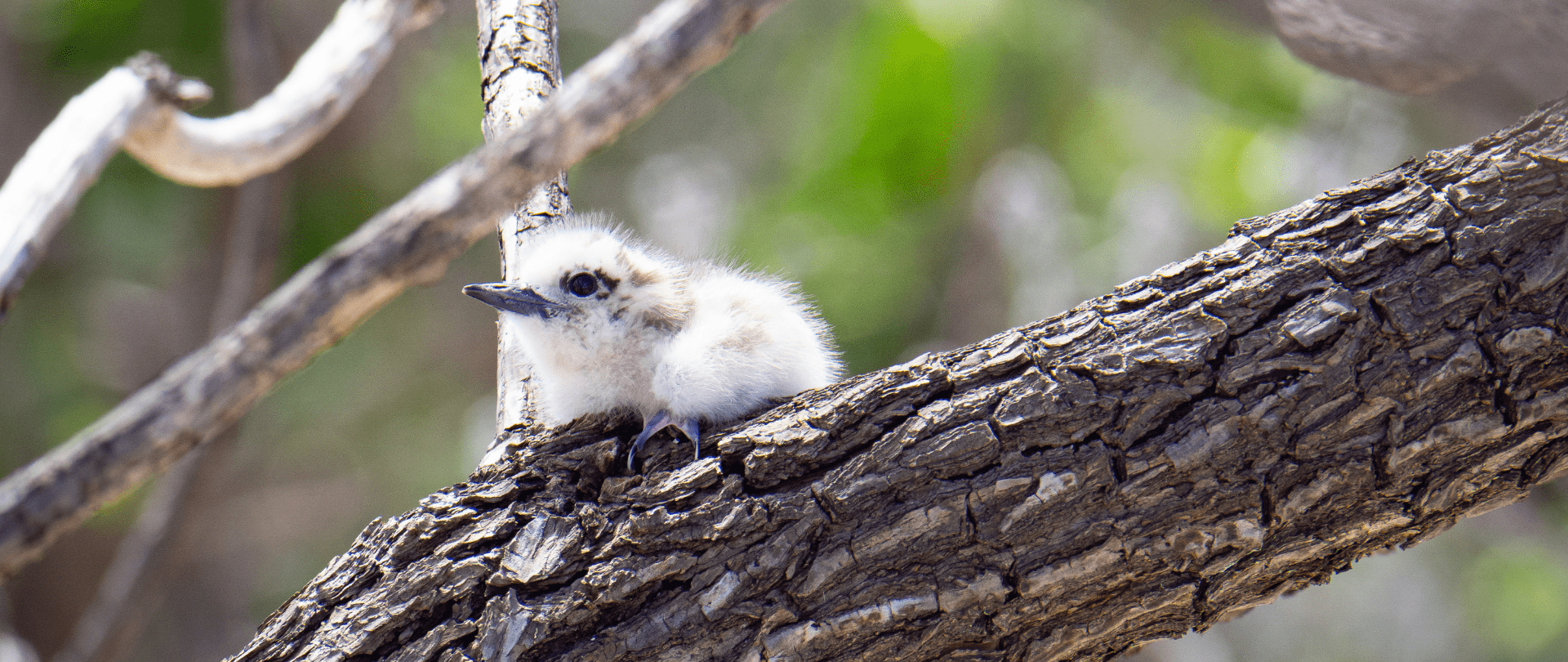
What if your family had lived on a collection of islands for centuries, but the natural biodiversity was constantly diminished by destructive invasive species? What if food security for your community was at risk and your vulnerable marine-island ecosystems were threatened by climate change?
These are very real questions for the people who live in the Republic of the Marshall Islands (RMI) in the Pacific Ocean. Comprising five islands and 29 coral atolls, this wonderous part of Micronesia has numerous connected ecosystems that require protection from invasive species – and Island Conservation is working with local representatives to do exactly that.
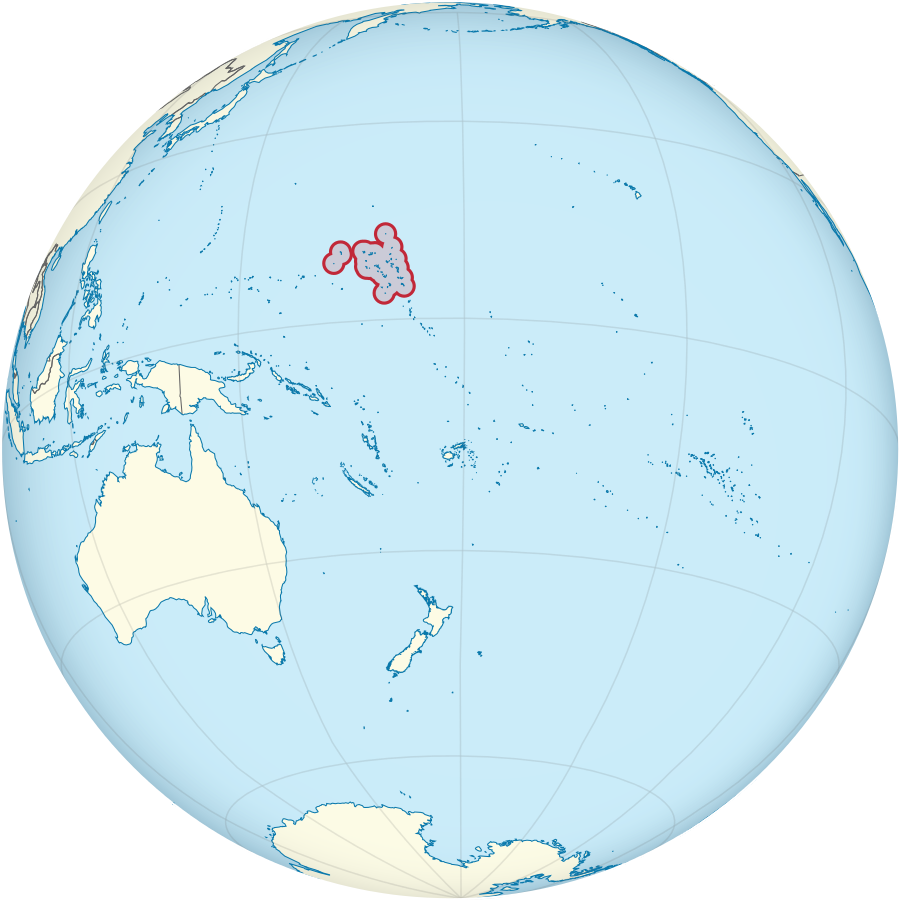
Seabirds, Imperial Pigeons, land crabs and Emoia Skinks are all at risk from predatory rodents that erode natural fauna and flora, rendering the islands unsafe for feeding or breeding. Island ecosystems are incredibly vulnerable, so small changes to their natural balance can lead to widespread damage, and sometimes even entire ecosystem collapse if there is no intervention to remove invasive species.
RMI community members have a proud history of traditional resource management to protect local subsistence farmers who produce papayas, bananas, coconuts and copra (from which coconut oil is extracted). Their in-depth knowledge of their natural heritage and vision for the islands will be key to Island Conservation’s work in the region in the coming years.
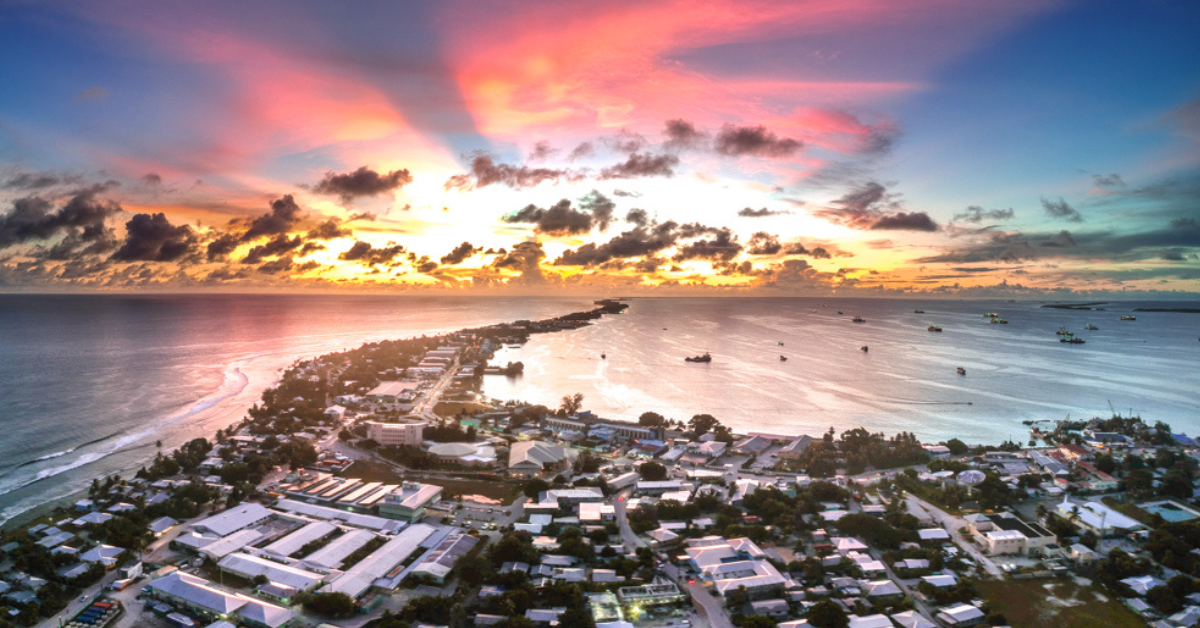
The first step? Our team is committed to removing the invasive rodents that hinder the lives of community members and pose a long-term threat. The Island Conservation philosophy is to provide training to stakeholders so that they feel confident in managing biosecurity and promoting ecological resilience. Working together we can ensure that this magical region remains home to those families and native species for centuries to come.
The eradication activities are part of the Predator Free Pacific Programme, within the Pacific Regional Invasive Species Management Support Service.of which Island Conservation is a technical lead.
The activities are funded under the GEF 6 Regional Invasive Project (GEF 6 RIP). The GEF 6 RIP aims to develop and implement comprehensive national and regional invasive species management frameworks that help to reduce the threats from Invasive Species to terrestrial, freshwater, and marine biodiversity in the Pacific. The GEF 6 RIP is funded by the Global Environment Facility, implemented by the United Nations Environment Programme and executed by the Secretariat of the Pacific Regional Environment Programme.
This work contributes towards commitments made within the Island Ocean Connection Challenge.
For more information on the GEF 6 RIP, please contact Isabell Rasch, Regional Invasives Species Coordinator isabellr@sprep.org
Check out other journal entries we think you might be interested in.

Ann Singeo, founder of our partner organization the Ebiil Society, shares her vision for a thriving Palau and a flourishing world of indigenous science!

This historic agreement aims to protect the marine and coastal areas of the Southeast Pacific.

Our projects to restore key islets in Nukufetau Atoll forecast climate resilience and community benefits in Tuvalu!

Island Conservation and partners have published a new paper quantifying ecosystem resilience on restored islands!

Climate Week NYC: what is it and why is it important? Read on to find out why Island Conservation is attending this amazing event!

With sea levels on the rise, how are the coastlines of islands transforming? Read on to find out how dynamic islands really are!

Join us in celebrating the most amazing sights from around the world by checking out these fantastic conservation photos!

Rare will support the effort to restore island-ocean ecosystems by engaging the Coastal 500 network of local leaders in safeguarding biodiversity (Arlington, VA, USA) Today, international conservation organization Rare announced it has joined the Island-Ocean Connection Challenge (IOCC), a global effort to…
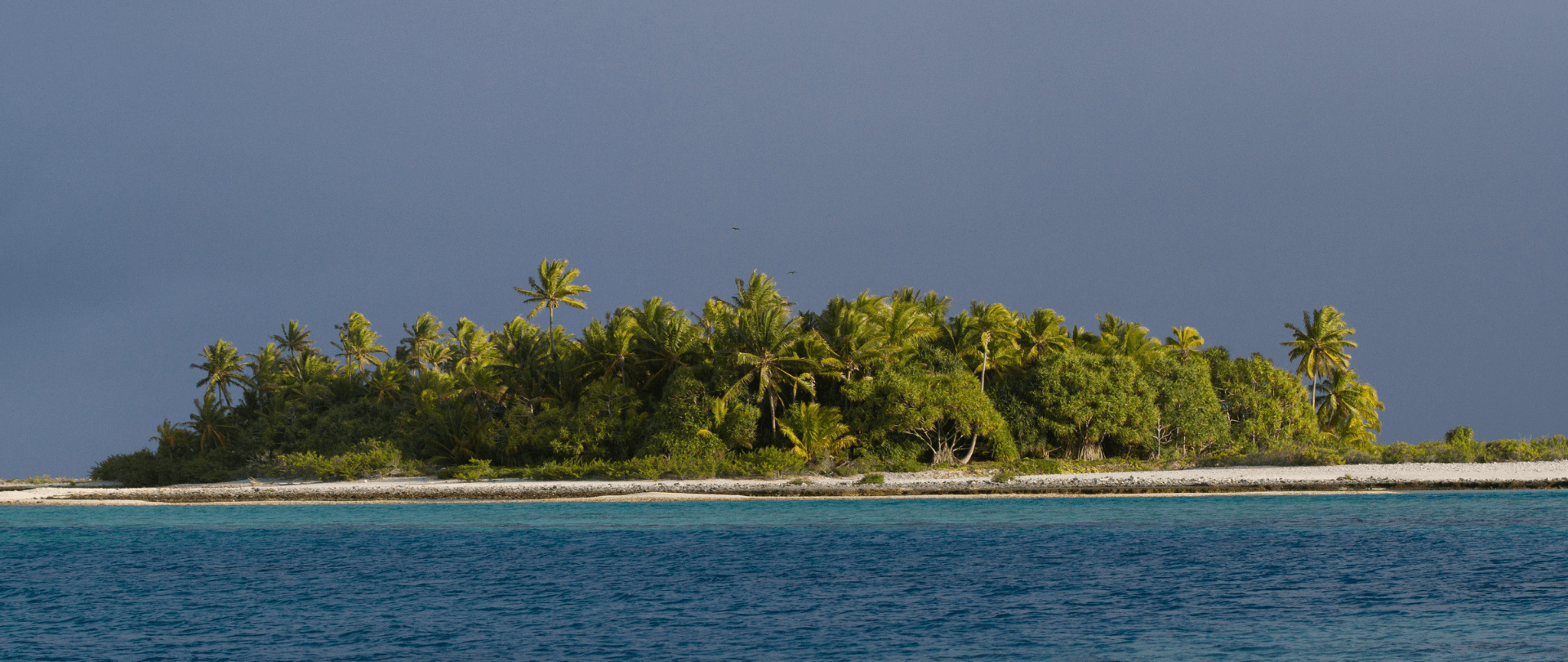
Island Conservation accepts cryptocurrency donations. Make an impact using your digital wallet today!
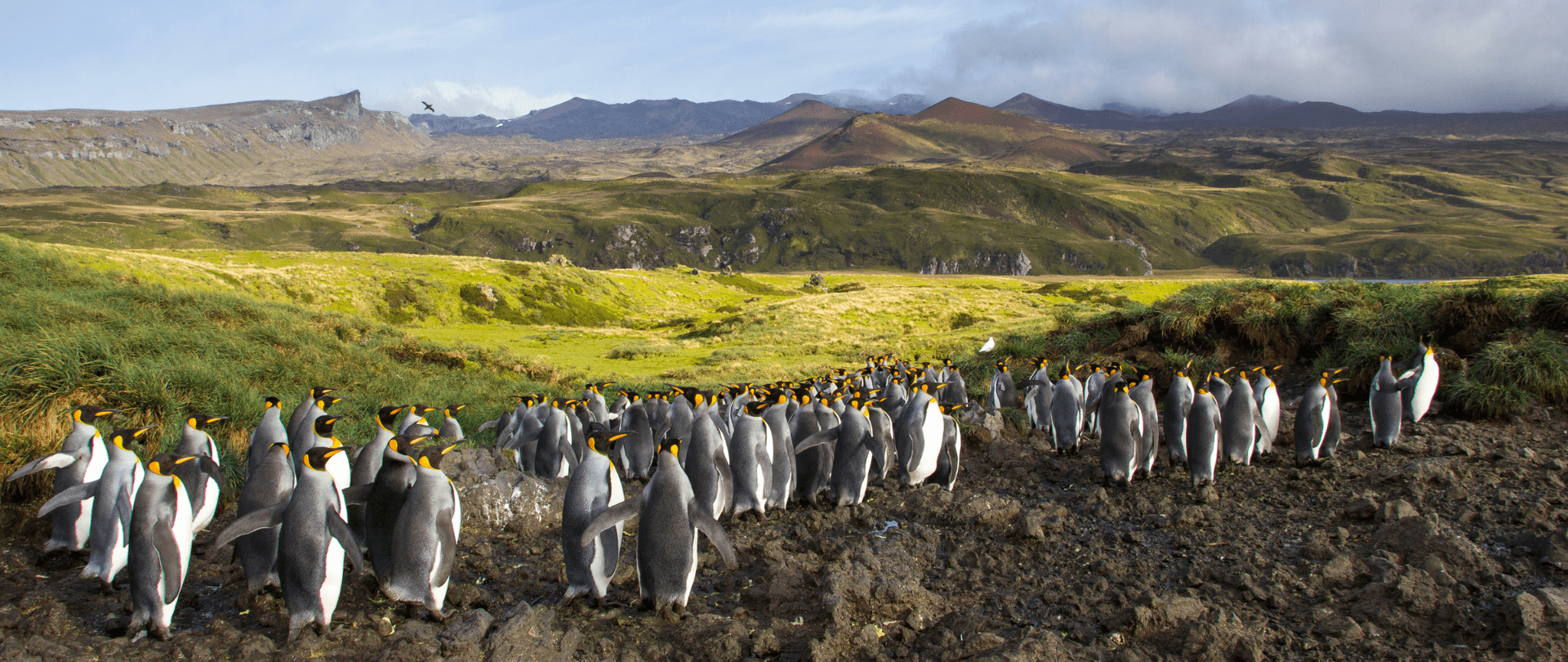
For Immediate Release Conservation powerhouse BirdLife South Africa has joined the Island-Ocean Connection Challenge (IOCC) – a global initiative aiming to restore, rewild and protect islands, oceans and communities – to support its work to save internationally significant albatross populations…